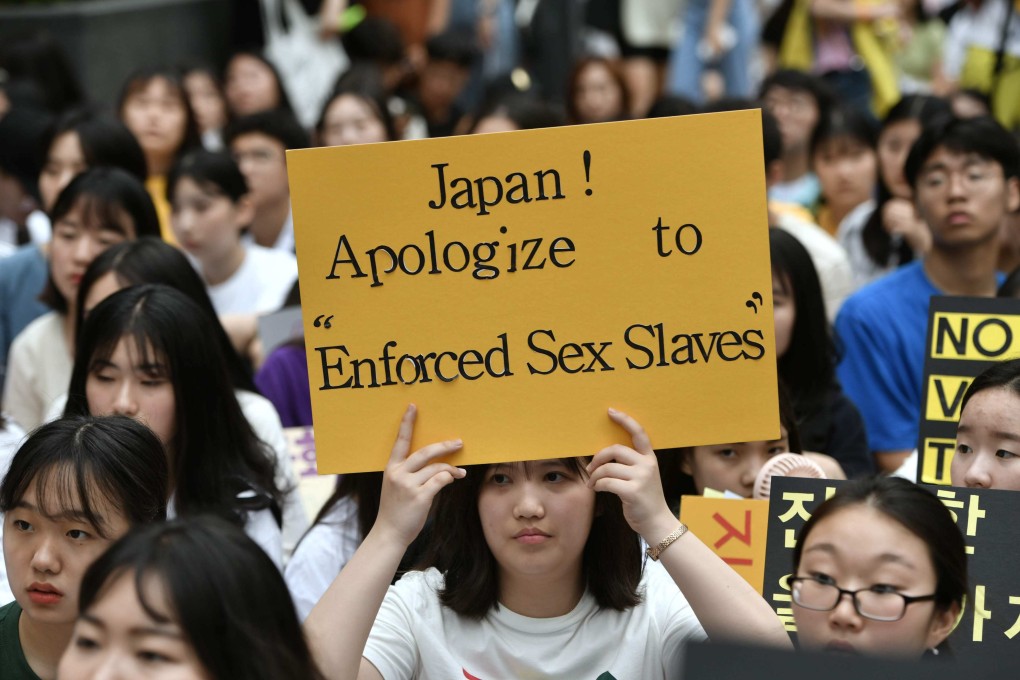Japanese demand end to ‘comfort women’ funds after South Korean politician’s conviction
Yoon Mee-hyang was jailed and fined for embezzling funds meant for Korean ‘comfort women’ in a case that dragged on for several years

Yoon Mee-hyang, the politician at the centre of the case, served as head of the Korean Council for Justice and Remembrance for the Issues of Military Sexual Slavery between 2005 and 2020. She was elected in 2020 to the Korean parliament as a representative of the Democratic Party.
However, she was expelled from the party in 2021 after former Korean “comfort woman” Lee Yong-see held a press conference accusing Yoon of having “exploited” her and others who worked in military brothels, profiting from their suffering.
Last year, a lower court in South Korea found Yoon guilty of embezzling 80 million won (US$57,200) in donations for “comfort women” and unlawfully receiving 65.2 million won in government subsidies. She was also found guilty of embezzling 130 million won in funds raised for the funeral of a “comfort woman”. The court found that the funds were spent on meals, foot massages, yoga classes and paying Yoon’s income taxes, with some money transferred to her daughter’s bank account.
Yoon appealed the case, but on November 14 South Korea’s supreme court upheld the lower court’s sentence of 4 1/2 years in prison and a fine of 15 million won.